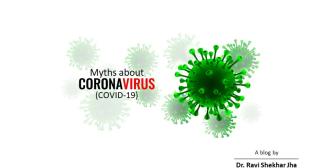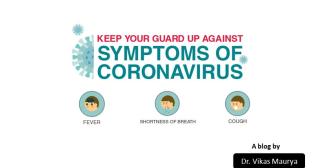
Bronchial Asthma: Symptoms, Risk Factors & Its Management
Bronchial asthma is a chronic respiratory condition affecting millions across India. It is characterized by inflammation and narrowing of the airways, making breathing difficult. Despite its prevalence, asthma remains underdiagnosed and misunderstood. As a pulmonologist, I frequently see patients suffering unnecessarily due to a lack of awareness about the symptoms of asthma, asthma triggers, and proper asthma management.
Symptoms of Asthma
The main symptoms of asthma include:
- Wheezing (a whistling sound during breathing)
- Shortness of breath or breathlessness
- Chest tightness
- Persistent cough, especially at night or early morning
These symptoms vary in intensity and may sometimes lead to a severe asthma attack that can be life-threatening.
Common Asthma Triggers
Knowing and avoiding asthma triggers is crucial for control. Common triggers include:
- Air pollution (especially in cities like Delhi and Ghaziabad)
- Dust and dust mites in bedding and carpets
- Seasonal pollen and allergies
- Pet dander
- Tobacco smoke and passive smoking
- Viral respiratory infections
- Sudden cold air or weather changes
- Exercise-induced bronchospasm
Risk Factors for Asthma
The major risk factors for asthma include:
- Family history of asthma or allergies
- Presence of other allergic conditions like eczema or hay fever
- Early onset of asthma in children or teens
- Living in urban areas
- Occupational exposure to dust, smoke, or chemicals
Asthma Diagnosis
Asthma diagnosis involves:
- A thorough medical history and physical examination
- Spirometry to measure lung function
- Use of a peak flow meter to monitor symptoms at home
- Allergy testing to identify environmental asthma triggers
If you have asthma symptoms more than twice a week or experience night-time symptoms more than twice a month, it’s time to consult an asthma specialist.
Asthma Treatment and Management
Effective asthma treatment includes both medications and lifestyle changes:
- Controller medications: Inhaled corticosteroids or combination inhalers used daily to prevent symptoms
- Reliever medications: Fast-acting inhalers like salbutamol for quick symptom relief
- Avoiding triggers: Use air purifiers, avoid dust and smoke, and limit allergen exposure
- Asthma Action Plan: A personalized plan for daily treatment and emergency response
- Vaccinations: Annual flu and pneumococcal vaccines to prevent infections that can trigger attacks
Lifestyle Tips for Asthma Management
Support your asthma management with these lifestyle choices:
- Practice breathing techniques like Pranayama and Buteyko
- Follow a healthy, balanced diet
- Stay active with safe, moderate exercise
- Quit smoking to improve lung function
When to Seek Emergency Care
You should seek urgent medical help if you experience:
- Severe breathlessness
- Inability to speak full sentences
- Bluish lips or fingernails
- No relief after using a reliever inhaler
These are signs of a dangerous asthma attack that requires immediate intervention.
Conclusion
Bronchial asthma is not a limitation but a manageable condition. With early asthma diagnosis, consistent asthma treatment, and trigger avoidance, most patients can lead full, healthy lives. Don’t ignore breathing issues—consult a qualified asthma specialist and take control of your health.
Categories
Clear allMeet the doctor

- Pulmonology | Pulmonology | Sleep Medicine | Pulmonology and Critical care
-
10 Years
-
1200



















